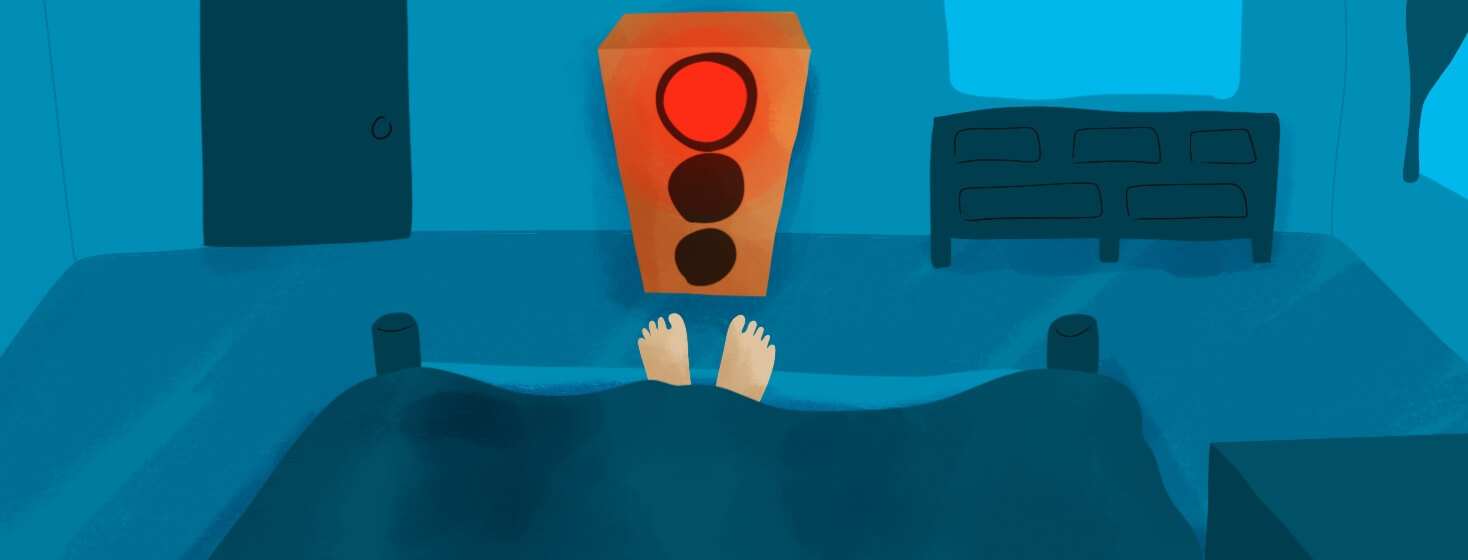Living with Fatigue
You're tired. No, you're exhausted...I get it!
You wonder when is this ever going to get better or improve, how long does it take, does it ever get better? To be honest, I don't know because each of us is different in the way that we bounce back from chemotherapy, surgery and/or radiation. What I do know is this...it may not totally go away, but it gets better.
Pure exhaustion is exhausting
As I'm writing this I've had 3-4 days of pure exhaustion. I'm talking peeling my face off of my pillow each morning wondering how I'm going to plow through this next week until I know I have a placeholder for a break (or a day of rest). Is this my normal 4.5 years out from diagnosis? Yes-ish. Not every single week, but about every 4-6 weeks I hit a wall where the lack of sleep, activity, or a combination of the two hit hard and I have to take a step back and give myself time to rest. Is this completely frustrating? Absolutely, but this is life as I know it. It's how my body decided it was going to react/behave after all it's been through. I've learned to adjust. I've learned to listen to the signs that are telling me to sleep the extra couple of minutes or go to bed at the time of someone twice my age. Yes, there are days I'm in bed at 7:30 pm, sound asleep and I'm not ashamed of this, it's just the way it is.
Fatigue tips
Here are some tips I've found helpful for myself when managing fatigue:
- Your body is different: What we once were able to do isn't the same as what it was pre-diagnosis, including sleep. You have to learn what you need in order to get the sleep required for you like you're not falling asleep at the wheel. Maybe this is going to bed earlier than you once did, or sleeping in longer than you'd like. Give yourself time to adjust to the changes, just like with everything else you're adjusting to, you need to do the same with rest/sleep.
- Give in to the new rest patterns you need: For someone who's extremely active, this can be super hard and frustrating. Eventually, you learn that you can't be the best you without sleep and rest, so you give in. If that means one Sunday you literally stay in bed all day, stay in bed. If it means you now go to bed at 8:30 pm (or earlier), you go to bed at that time. It doesn't mean that you still can't do all of the things, you just have to balance the fatigue and life.
- You're in menopause: For me, I think part of the fatigue is from the effects of menopause - hot flashes waking you up throughout the night, insomnia, etc. Without a good night's sleep, it can be hard to shake the fatigue. Your body wants and needs rest, but at the same time, the effects of menopause are getting in the way of this. For some of us, we're going through menopause significantly earlier than we should have and our bodies are probably wondering what in the world is going on! Of course, you're going to be feeling the effects of this in the form of fatigue. I wish I could say how long this lasts, I'm still battling these two things - there are nights when I actually feel like I got a good night's rest and then there are some I wonder if I even slept at all!
- It's okay to say no: This is a reminder to myself as well! Saying no doesn't mean you have to apologize for doing so or feeling bad because you were just too tired and you can't. Anyone should understand this, and if they don't...that's on them, not
you. Your body literally can't keep going sometimes and that's okay! Say, "no" or "not this time, but maybe next time" and allow yourself the time you need to try and shake some of the exhaustion you may be feeling.
Remember to give yourself time to rest
Fatigue can be a chronic thing for some of us that have been diagnosed with ovarian cancer. Give yourself time to adjust to what your body needs and proceed from there. Although I don't know when or if a day will come when I'm not yawning at some point and yearning for a nap, I do know that I've been able to find ways to navigate this better than I once did, and you will too!

Join the conversation